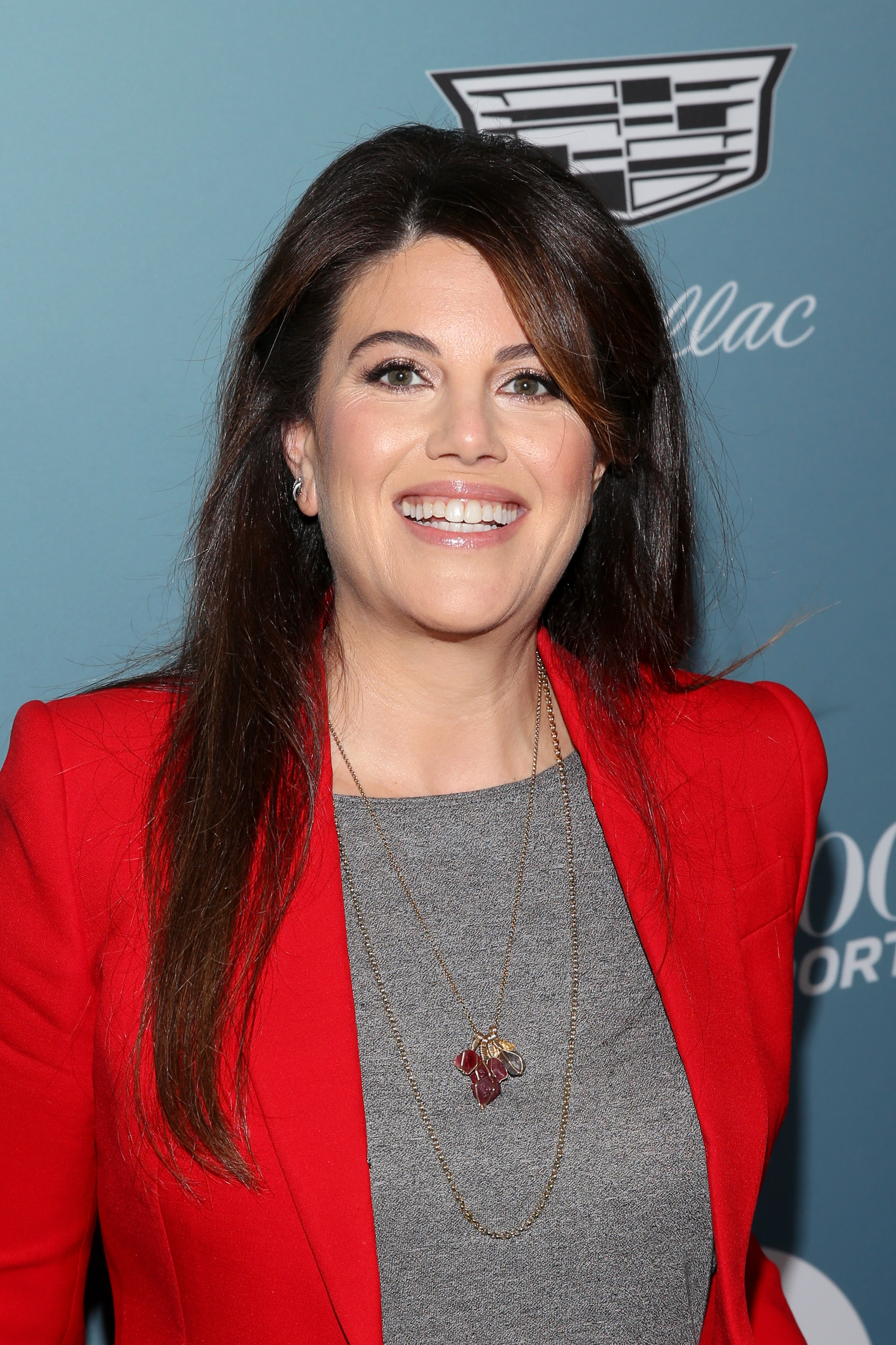Can a single event define a life, shaping perceptions and casting a long shadow over achievements and future endeavors? The enduring legacy of the Clinton-Lewinsky affair continues to spark debate and discussion, years after the events unfolded, demonstrating the complex interplay of personal choices, public scrutiny, and the enduring power of the media.
The story of Monica Lewinsky and Bill Clinton, the former President of the United States, remains a potent symbol of political scandal and personal turmoil. It’s a narrative etched into the collective consciousness, replayed in documentaries, memoirs, and countless media outlets. The affair, which began during Clinton's presidency, had profound consequences, not only for the individuals involved but also for the political landscape and public trust. The emotional toll on Hillary Clinton, as documented in her memoir Living History, reveals the profound pain and personal struggle she endured. The public nature of the events intensified the scrutiny and magnified the personal challenges faced by all parties involved. The details of the affair, as they emerged, captivated the nation, driving a wedge between public and private personas. The repercussions of the scandal stretched far beyond the immediate political fallout, touching upon themes of power, consent, and the ethics of public life. The story also highlights the impact of media coverage on individuals and the long-term implications of such events on their lives and careers.
| Bio Data | Details |
|---|---|
| Full Name | Monica Samille Lewinsky |
| Born | July 23, 1973 (age 50) |
| Place of Birth | San Francisco, California, U.S. |
| Nationality | American |
| Education |
Bachelor of Arts in Psychology from Lewis & Clark College Master of Science in Social Psychology from the London School of Economics |
| Known For | Former White House intern; Activist; Producer; Public Speaker |
| Relationship Status | Dating (as of current information) |
| Family |
Mother: Marcia Lewis Father: Bernard Lewinsky |
| Website for Reference | monicalewinsky.com |
The documentary on Hulu sheds further light on the complexities of the situation, with Hillary Clinton sharing her perspective, revealing the deep personal hurt she experienced. Her statements indicate the period of silence and emotional distance that followed her husband's admission. The documentary delves into the pressures of Clinton's political life, potentially offering an explanation for the events that unfolded. The narrative also prompts reflection on the immense demands placed upon individuals in positions of power and the consequences of their actions. Public perception and personal narratives were at odds, making the entire affair the topic of heated debate and discussion.
The online discussions on platforms like Reddit, exploring the question of whether Monica Lewinsky is married, emphasize the continued public fascination with her personal life. The search for details about her relationships highlights the enduring public interest. The public’s perception of her life is still very much shaped by the past and the event which made her a known personality. Despite her efforts to reclaim her narrative, the media still focuses on the past. This persistent interest in her life and relationship status underscores the lasting impact of the scandal.
The commentary in publications like the Wall Street Journal offers a differing perspective, framing the situation within a larger context of consent and the overreach of what is called the “harassment-industrial complex.” It challenges the conventional narrative and raises questions about the roles of power dynamics and social justice. It highlights the complexities of the case and draws attention to potential biases in the way the affair has been publicly discussed. The commentary challenges the long-established perspectives.
Hillary Clinton’s comments regarding the affair continue to fuel debate, particularly when examined for their potential implications. In her statements, Clinton highlights the importance of accountability and the tendency of powerful individuals to protect their own. This perspective encourages the examination of systemic power imbalances and calls for greater support for those affected by such situations. This view also encourages questions about the long-term consequences of the affair.
Monica Lewinsky's public presence continues to be defined by her reclamation of her narrative. Her involvement in the limited series Impeachment: American Crime Story indicates her proactive efforts to take control of her story. The project served as a platform for her to share her perspective and to address the public perceptions of the past. It also represents an effort to redefine her legacy and to move beyond the confines of the scandal. These various instances demonstrate the importance of acknowledging the complexities of human relationships and the lasting effects of public scandals. The story emphasizes the power of resilience and the potential for personal transformation. The need to move beyond stereotypes and encourage a better understanding of such events and their impact is obvious.

